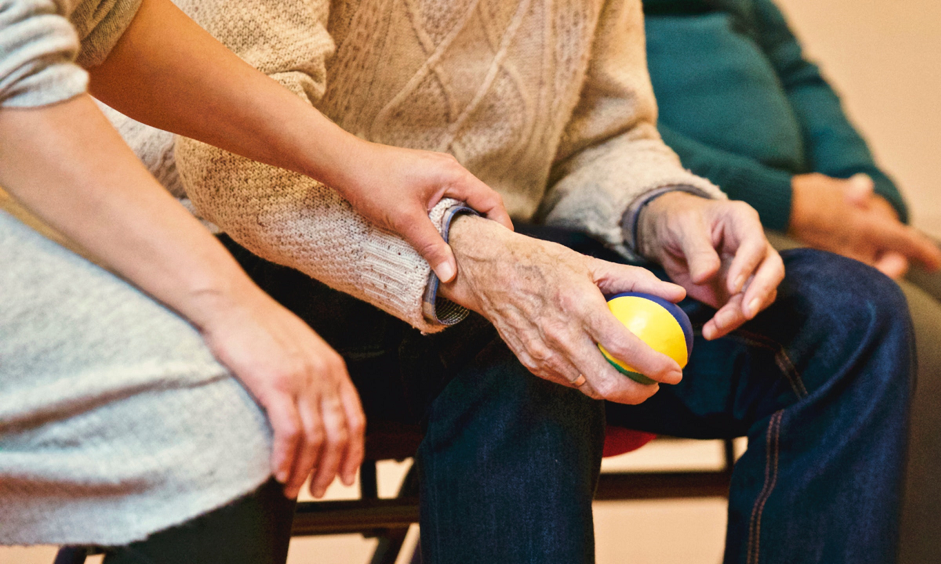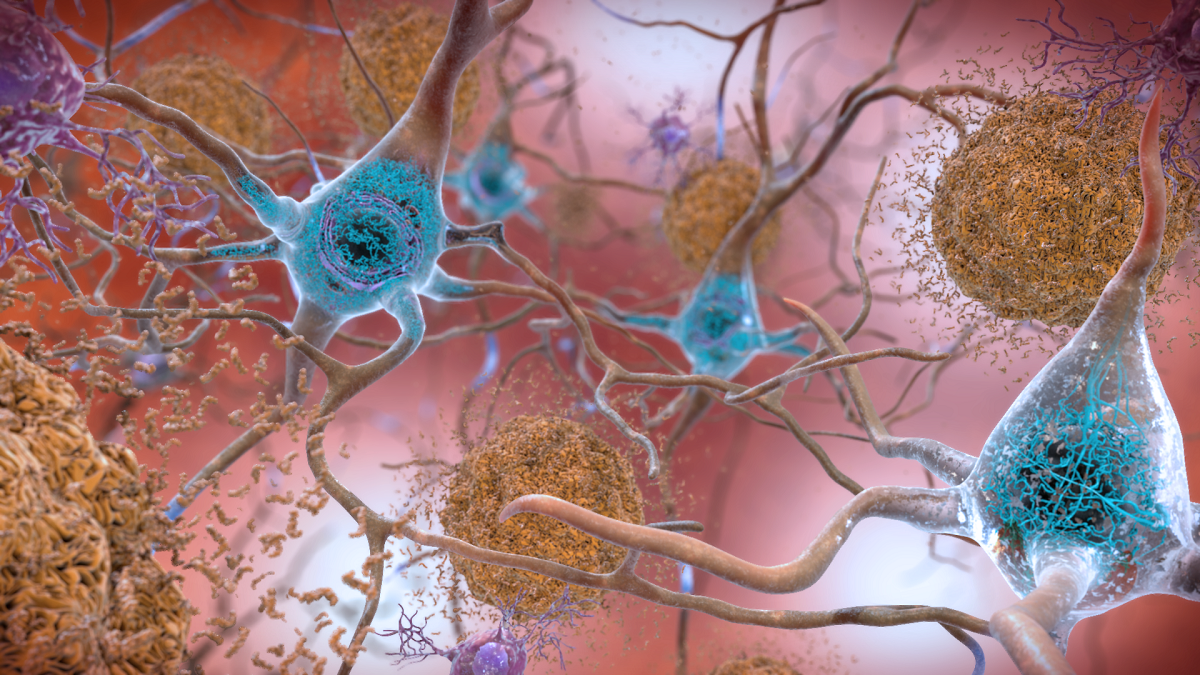Fruit fly pigmentation helps researchers discover genes that control brain dopamine and sleep
The findings offer new possibilities to restore in people disruptions in dopamine that have been associated with disorders such as addiction, depression, sleep disorders and schizophrenia.
Read More









